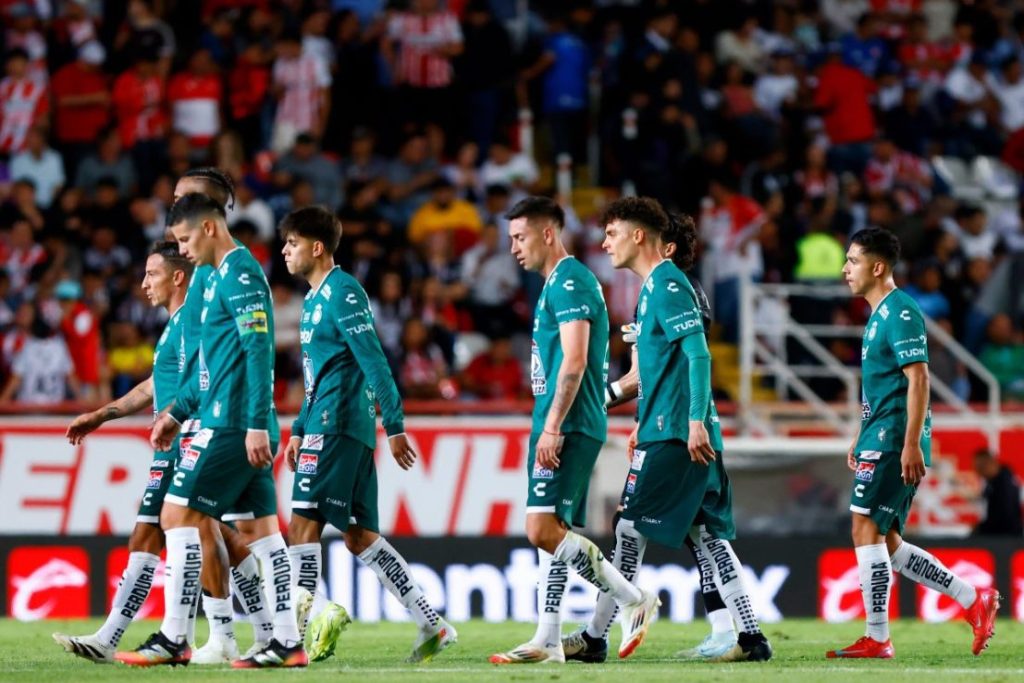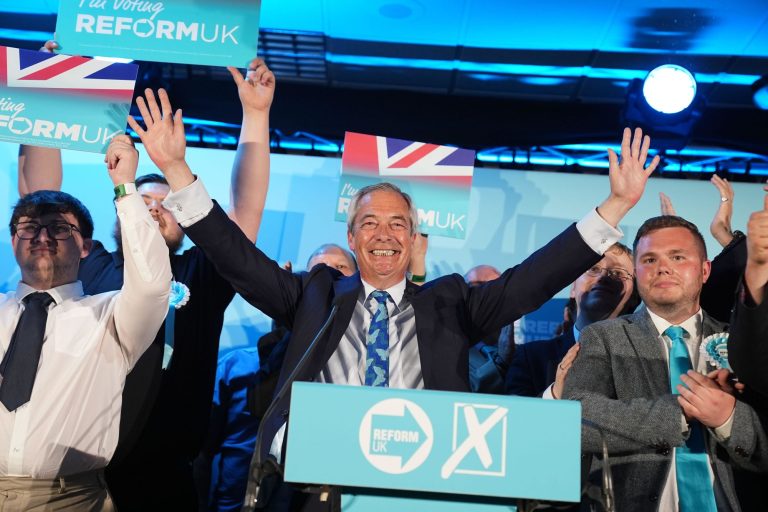
In a surprising turn of events, Mexico’s Club Leon has been expelled from the 2025 FIFA Club World Cup due to a breach in multi-club ownership rules. The decision underscores the strict guidelines that govern ownership in international football competitions, emphasizing the importance of maintaining fair play and competitive integrity. This move has sparked discussions within the football community about the complexities and challenges of modern club ownership structures.
Background of the Decision
Club Leon, winners of the 2023 CONCACAF Champions League, found themselves at the center of controversy following the enforcement of FIFA’s multi-club ownership rules. The club, alongside fellow Mexican team Pachuca, is owned by Grupo Pachuca. FIFA regulations explicitly prohibit clubs with the same ownership from participating in the same competition to prevent potential conflicts of interest and ensure fair competition.
In response to this breach, the FIFA disciplinary committee initiated proceedings against both clubs, ultimately leading to a decision by the FIFA appeal committee. « Having evaluated all evidence on file, the chairman of the FIFA appeal committee has decided that CF Pachuca and Club Leon failed to meet the criteria on multi-club ownership for the FIFA Club World Cup 2025, » stated a FIFA spokesperson.
Implications for the Tournament
The ruling effectively reduces the number of CONCACAF representatives in the tournament to three: Monterrey, Seattle Sounders FC, and Pachuca. A replacement team for Club Leon has yet to be announced, but it is expected to come from the pool of eligible clubs within the region. This adjustment highlights the ongoing need for clubs to navigate the complexities of ownership while adhering to international regulations.
Club Leon was initially scheduled to face Chelsea at the Mercedes-Benz Stadium in Atlanta, a match that will now feature a new opponent. Meanwhile, other clubs like Tunisia’s Esperance de Tunis and Brazil’s Flamengo await updates on the new tournament schedule and opposition.
Reactions and Future Considerations
In the wake of the decision, Grupo Pachuca owner Jesus Martinez expressed a willingness to comply with FIFA’s regulations, indicating potential changes in the ownership structure of Club Leon. « We plan to give up the majority stake in the club [León] before 2027. However, I think we’re going to maintain some kind of sports control. What we want is to contribute to the growth of the Mexican league, and if they see that multi-property can have a negative impact, we’re willing to help in every way, » Martinez commented.
This development brings to light the challenges faced by football clubs operating under complex ownership umbrellas. It underscores the need for transparency and compliance with international standards to ensure that competitions remain equitable and competitive. The decision also serves as a warning to other clubs facing similar ownership dilemmas in global tournaments.
Looking Ahead
As the football world adjusts to this significant ruling, attention now turns to how Club Leon will adapt to these changes and what steps they will take to reintegrate into international competition structures. The incident also prompts broader reflections on the governance measures needed to support both the growth of clubs and the sanctity of fair competition. As stakeholders look for solutions, the case of Club Leon may serve as a pivotal example of the evolving landscape of club football ownership on the international stage.



